Learning is a part of the everyday process. Every organization right from the day of onboarding starts imparting training crucial to the job and that starts the learning curve. For an employee, learning does not stop post-university and thanks to great online learning platforms, learning happens globally, and yet at the same time, a person sitting in the remotest regions with internet connectivity can learn from the best teachers of the world.
Learning has been revolutionized and online eLearning platforms have led the way. Today, schools have converted to digital schools, corporations are using eLearning tools to build their training modules, and laboratories are using digital twins, a way of recreating physical learning experiences. The story does not end here and neither does learning.
So how does one make eLearning platforms for their requirements and how do they work? Well, this blog talks about the same and explains some essential components of any popular eLearning platform and management systems. You can make an eLearning platform using a learning management system LMS, or content management system CMS, or a learning content management system LCMS. In this blog, we are going to learn more about what these systems are and how you can build your own fully functional eLearning system using a wide range of Muvi Products.
What is a CMS?
Content management systems or CMS are simply a set of tools combined as part of the software that lets users deploy content on various websites and applications and manage all of it using a single-screen interface called the CMS. Essentially any website has two components. The front end is visible to the end user and the back end to the developer controls.
All visual content or any other type of media that may be used across a wide range of applications or websites such as Netflix video content is stored in servers and managed via content management systems. The purpose of a CMS is therefore to publish, edit, and manage the media content of any website seamlessly for websites and applications.
Have you ever used WordPress to publish a blog on a website? Well, WordPress is a CMS and a very powerful one at that. It allows you to manage multiple websites and content on them using a single frontend for publishers. But since we are talking the majority about videos here, Muvi Flex, a video storage, management, and distribution solution is the best for your business if you are planning to launch any platform that requires heavy video deployment.
What is a LMS?
Managing videos for eLearning platforms is a whole different task and that is where a learning management system or LMS comes into the picture. An LMS is a software application or platform designed to facilitate the administration, documentation, tracking, and delivery of educational courses or training programs. It serves as a centralized system for managing and organizing learning content, as well as tracking learners’ progress and performance. Choosing a budget-friendly LMS is crucial for organizations that need to optimize costs without compromising on essential features.
A good LMS needs to have the following features:
Course Management
Courses can be a single video entity or a complex nested setup where there is content within the content. A good eLearning management system should be able to manage video uploads, allow creators to seamlessly create courses, and manage all other parameters such as assignments, PDFs, etc.
Student Management
LMS should be able to manage user accounts, assign permissions to content access as per course bought, track progress, send out reminders, and more for effective user management.
Essential Analytics
A good LMS must provide tools to track learners’ progress, and assignment status and give insights about the overall usage of the platform such as visits, leads, customers, revenue statistics, and much more.
Utilities To Ease Learning
Unlike a general CMS, a LMS provides various utilities that help ease the learning process. This includes plugins that help learners download content, a certificate generation module that gives a verifiable certificate of completion, utilities to enable testing and quizzing, and more.
Muvi One’s eLearning module comprises everything that you need to make your own educational platform. Right from provision to deploying live as well as recorded lectures, Muvi One enables content creators to collaborate on the platform, monetize their content, and using the latest anti-piracy measures, deploy it across the globe or to regions as they want. Get a free 14-day trial today.
What is LCMS?
An LCMS is a software platform that focuses on the creation, management, and organization of learning content. It is designed to streamline the process of content development for educational and training purposes. While an LMS focuses on developing training content, LCMS adds additional layers such as authoring tools that help instructors develop training modules for eLearning platforms.
An LCMS and LMS are often combined to give exceptional eLearning experience to the users.
Difference Between CMS & LMS
While CMS and LMS sound similar, they differ greatly in terms of their use cases and functionality. While CMS is a generic tool for content management, LMS specifically caters to education-related content management and is heavily focused on video-based content.
Content Management System CMS | Learning Management System LMS |
CMS is designed to manage digital content for websites and applications and manages a wide range of content including text, images, videos, etc. | LMS is designed to specifically manage, deliver, and track educational and training platforms focussing on videos, assignments, etc. |
CMS provides tools to manage the website’s design, layout, and more. | LMS is centered around creating courses, managing enrollments, and deploying functionalities such as assignments, quizzes, etc. |
CMS allows users to interact with various themes and templates to change the look and feel of the website and application. | LMS defines learning paths based on defined goals of institutions based on job or student profiles. |
CMS has user management features allowing administrators to give permissions to others to manage aspects of the website or application such as writing blogs, pushing form, etc. | LMS is centered around managing learners, their enrollment, progress, and completion of courses. Instructors or administrators manage the learning experience and track the performance of learners. |
Looking To Build Your eLearning Platform: Try Muvi One eLearning
As learning is growing more and more online, most corporate training and certifications along with standard courses happen online. This allows greater flexibility in terms of learning and at the same time allows everyone to learn. If you are looking to build your own Udemy-like eLearning platform for school or corporate needs, try Muvi One today.
Muvi One empowers institutions to build their own learning management systems and start selling courses or deploying them for corporate training without writing a single line of code. Yes, you heard that right! You can create your fully customizable eLearning platform and deploy it within hours.
Features
- Live streaming capabilities to live lecture delivery
- Live chat support for improved engagement
- Centralized hub for students to access content
- Assessment and evaluation along with certification management
- Content monetization
- Secured content storage and delivery
- Effective backend content management for admins
Give Muvi One a try and create the best eLearning platform for your audiences. Get a free trial today.
So CMS or LMS what you should choose depends on your use cases. If you are looking for a platform that simply pushes media to your website securely and does not require much interaction from the audience side, a CMS is what you need and if you are looking for a robust and complex learning platform that constantly interacts with consumers, has to manage enrollments, deploy a collaborate with instructors and monetize, an LMS is what you must go for. Regardless, for both use cases, Muvi Flex and Muvi One fit perfectly.
Try Muvi Products and build your dream video streaming platform.
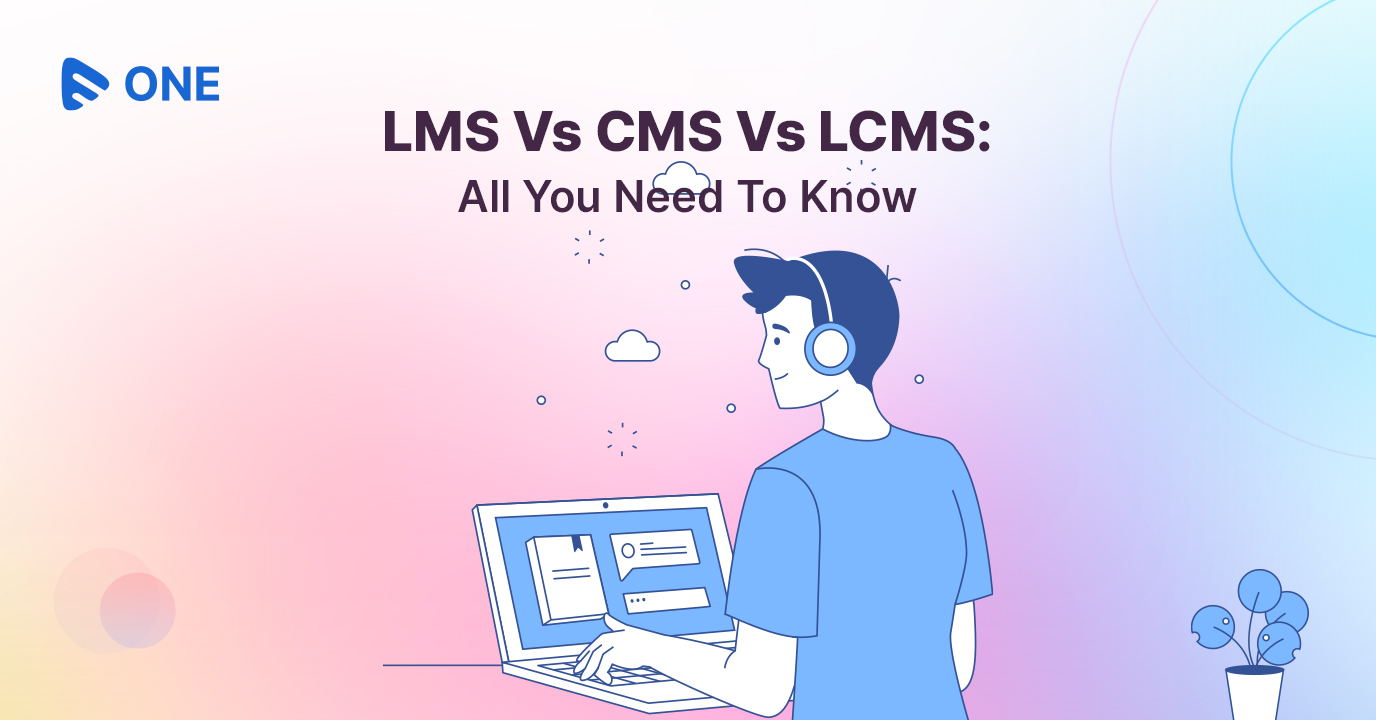

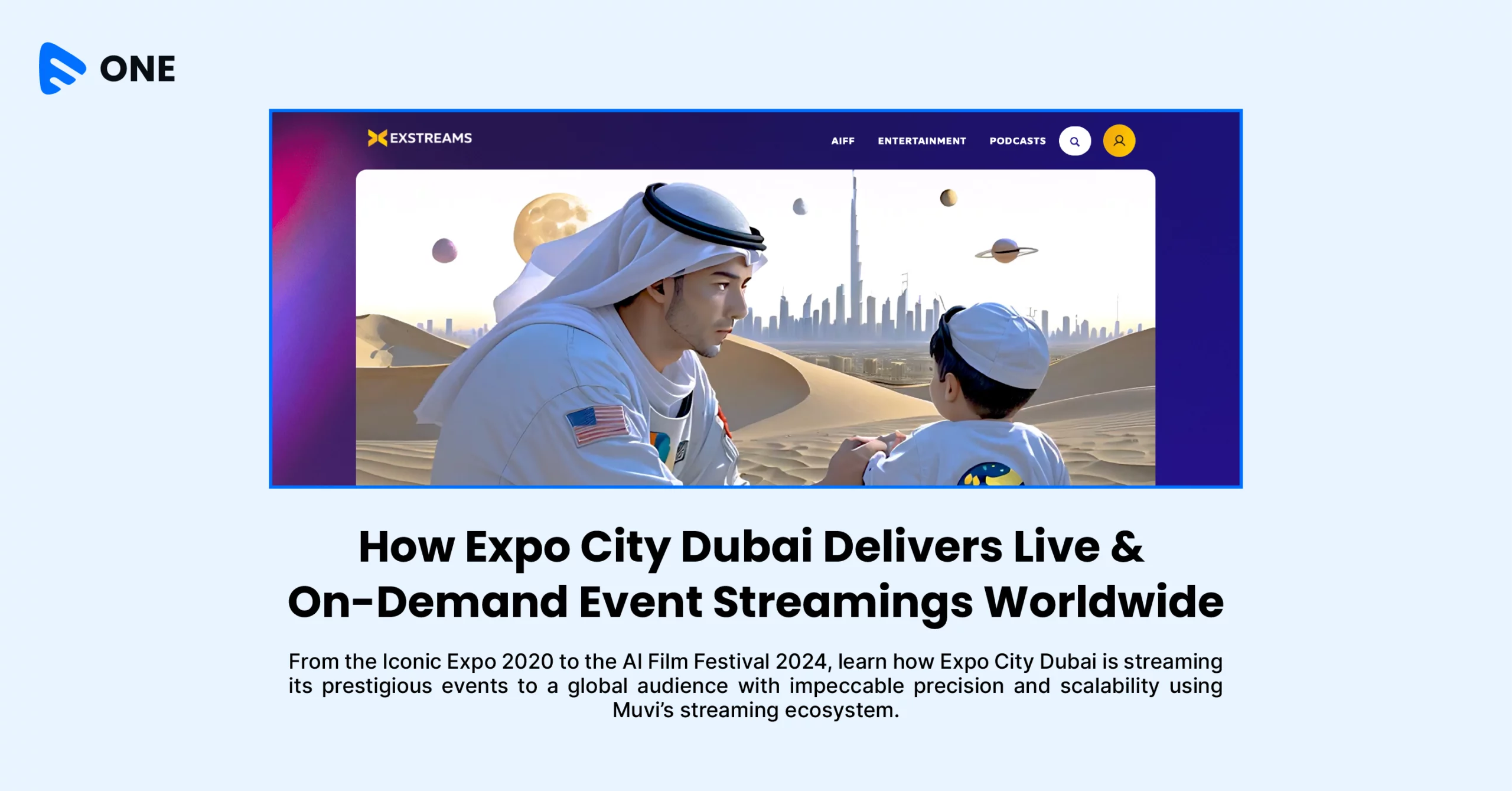
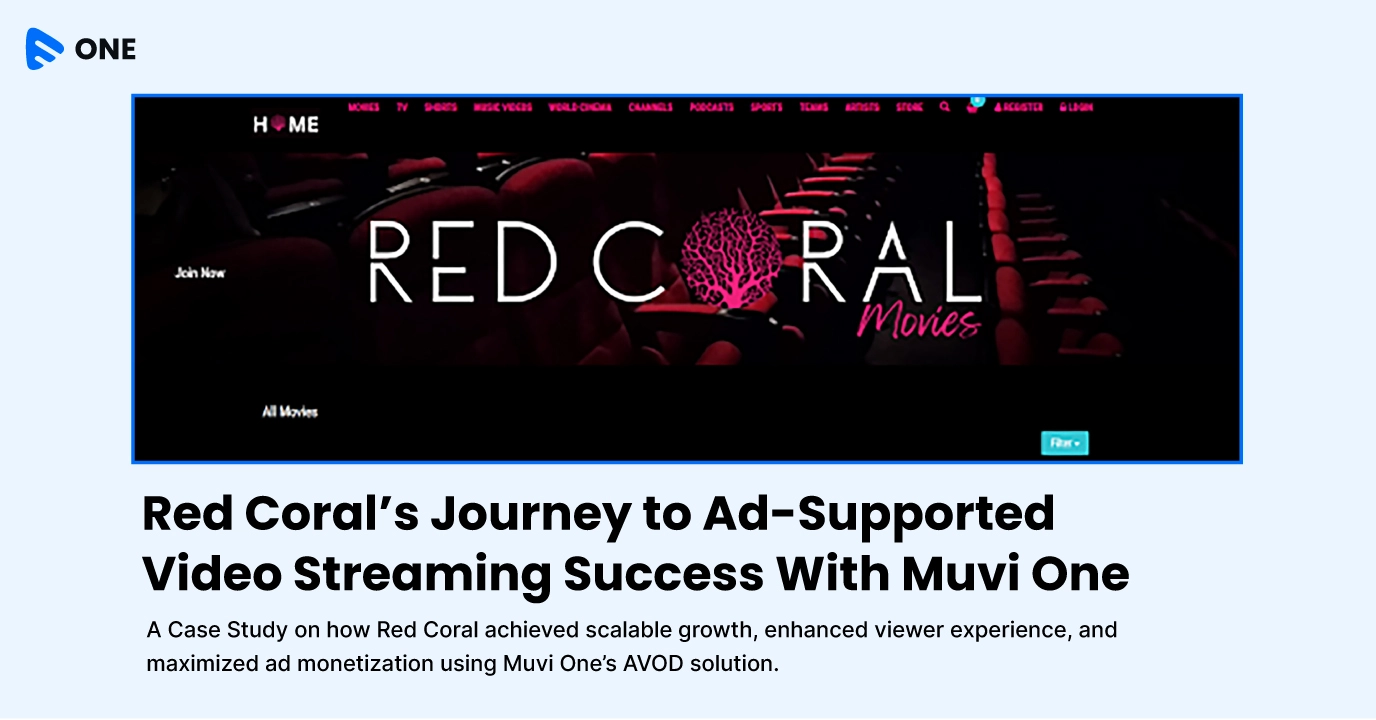
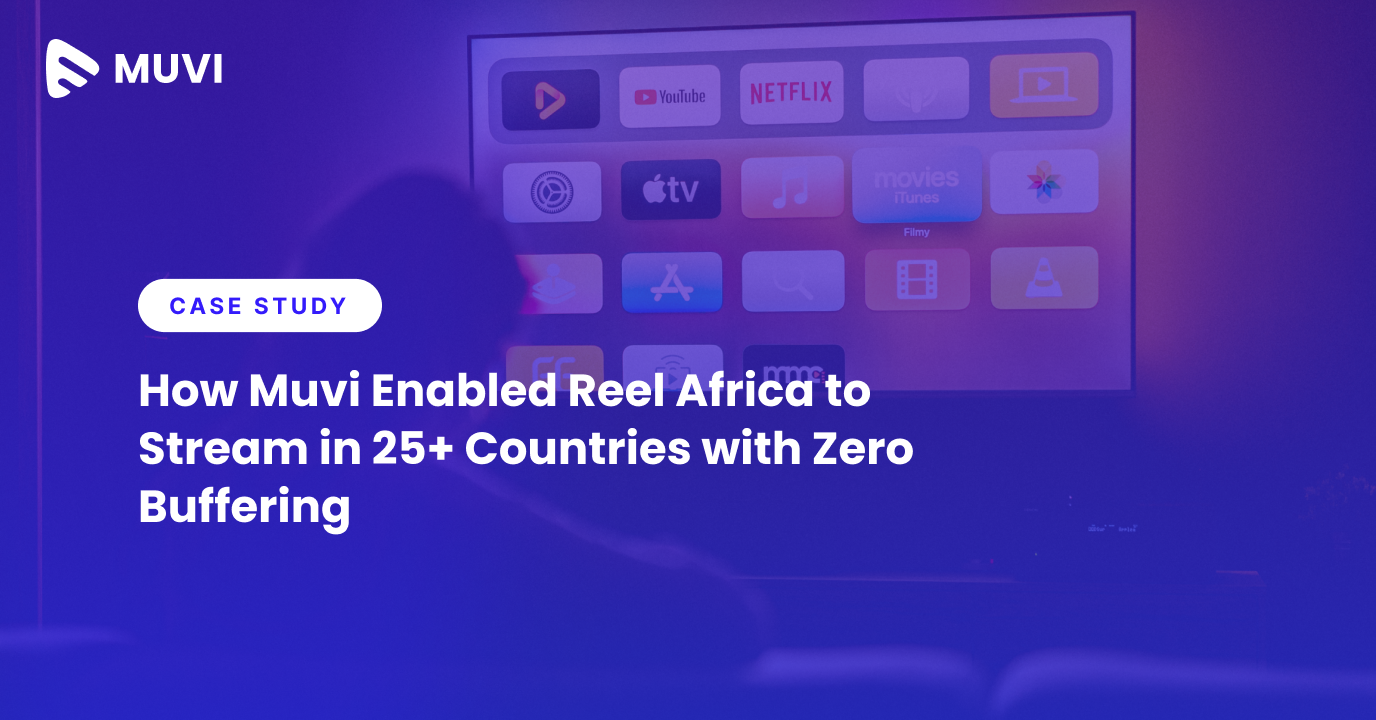




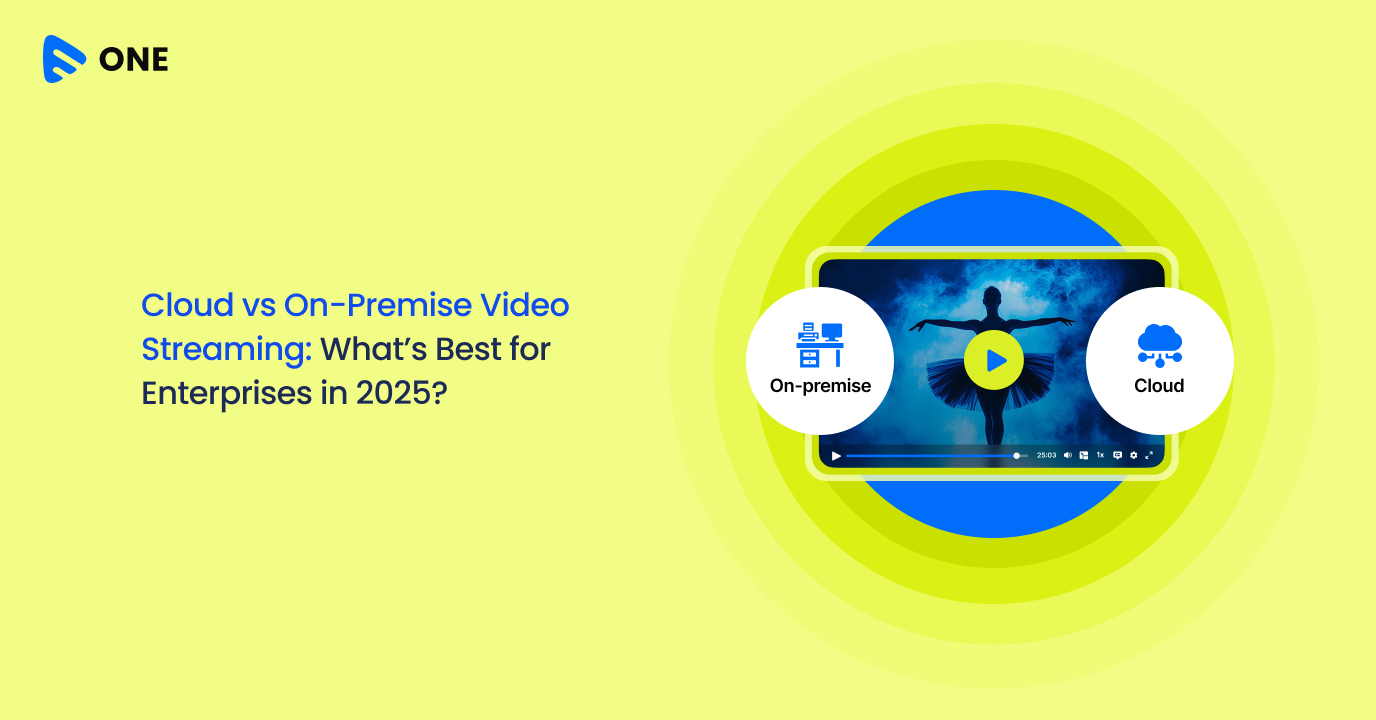
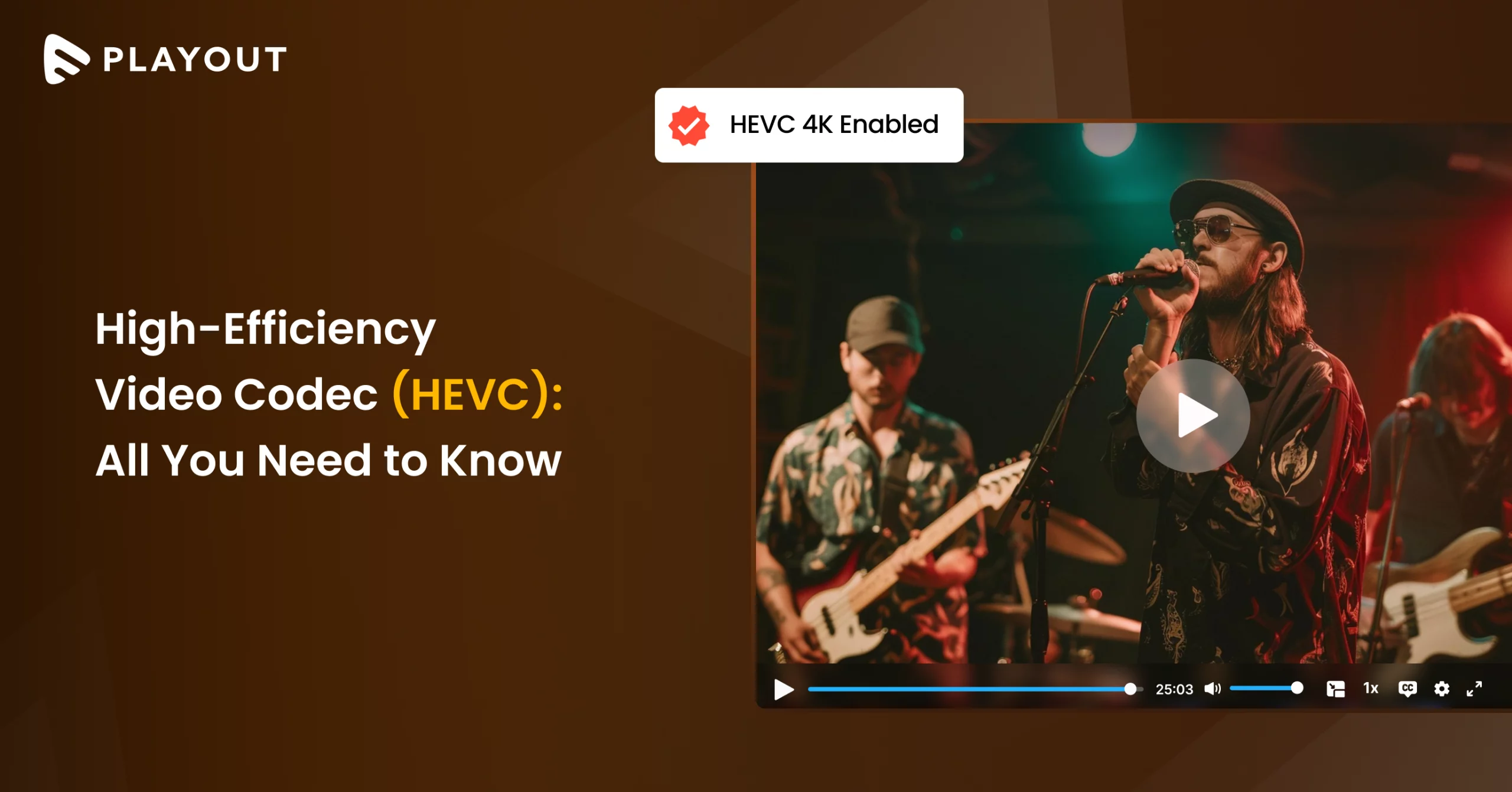
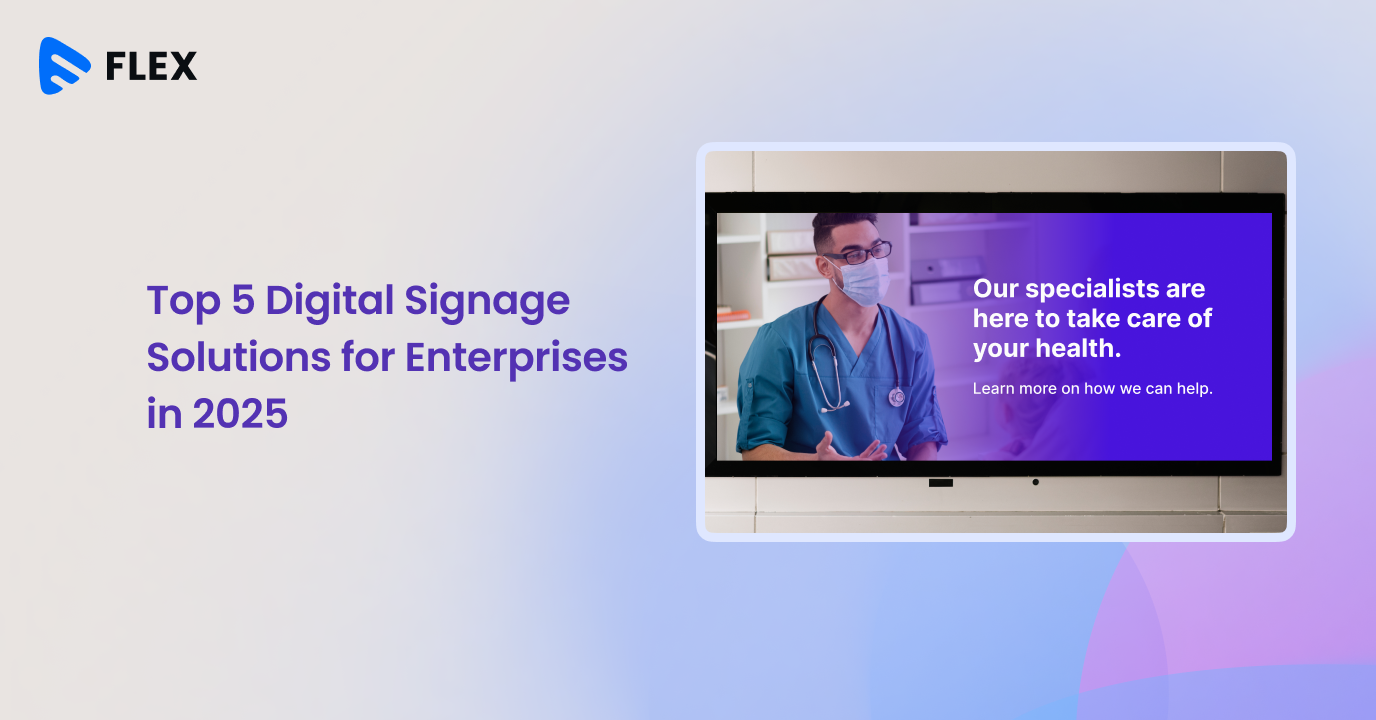



Add your comment